
The Left’s Role in the Rise of Antisemitism
Progessives looked the other way as antisemitism became a feature, not a bug, in their ideology.

Progessives looked the other way as antisemitism became a feature, not a bug, in their ideology.

Leftist NGOs and media outlets have allied with Samidoun, a pro-Palestinian group that is outlawed in Germany.
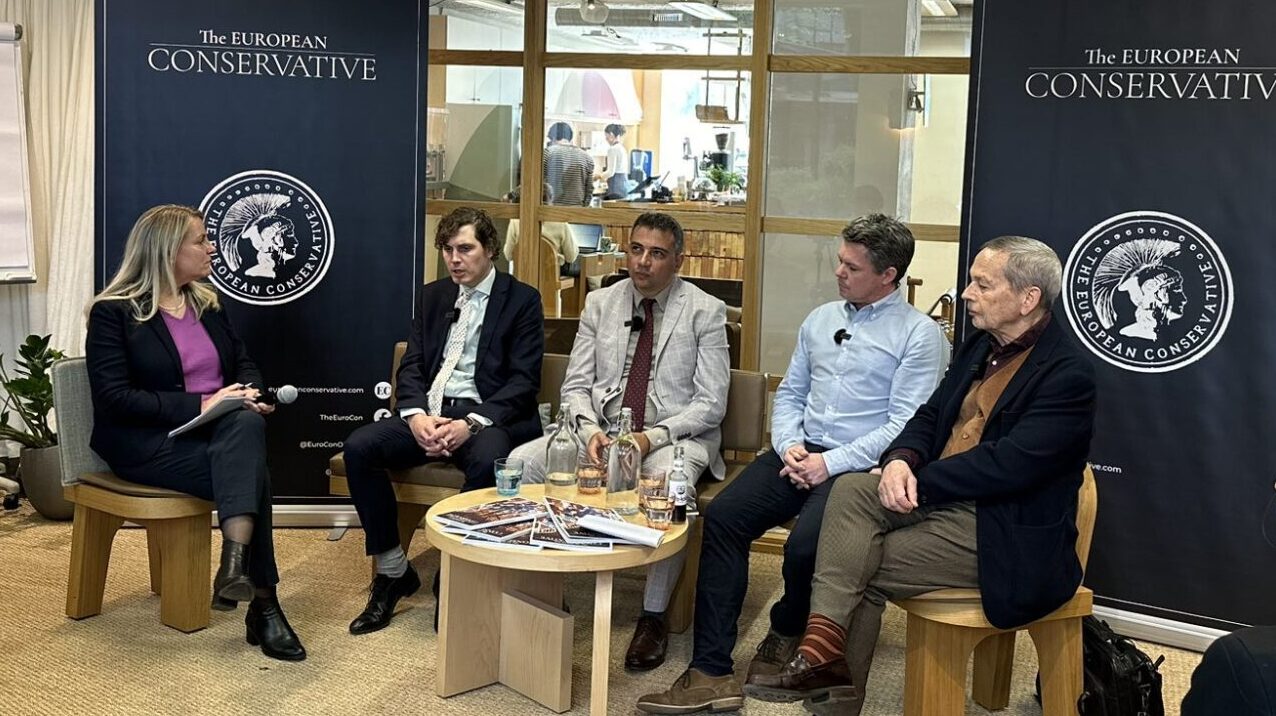
Migration, Ukraine, and farmers’ protests are just some of the factors that could lead to a strong showing for conservatives.
European countries cannot do without defence provided by the United States.

Oxfam complains about growing inequality. There is just one problem: the figures don’t add up.

Strategic and economic realities are forcing Europe to moderate its energy policy experiment.
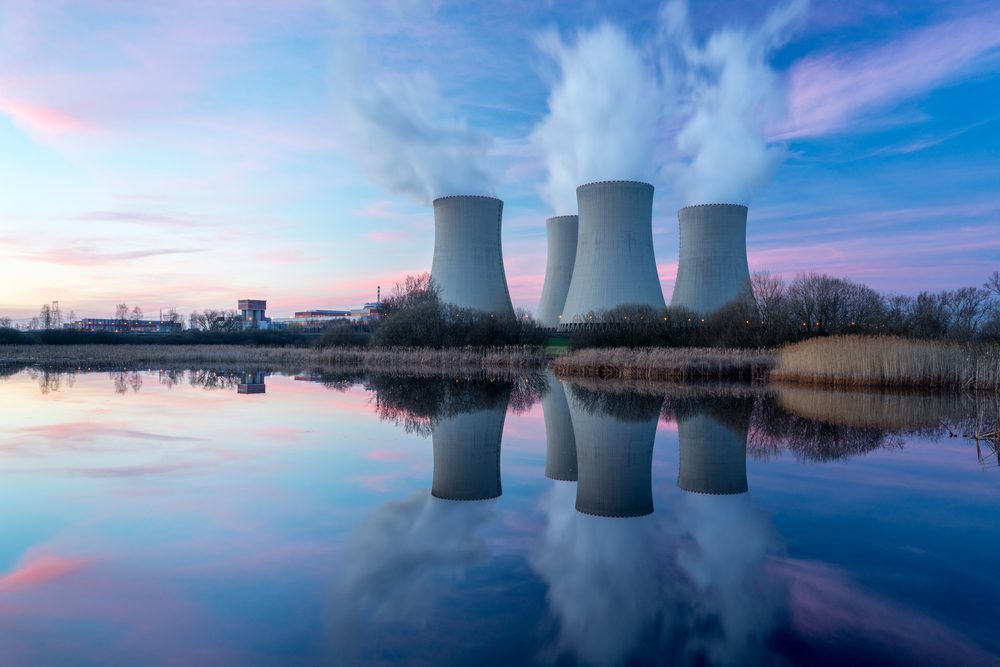
The European Union’s drive for ever more intrusive regulations to combat climate change are being met with resistance from member states. Despite the Commission’s best efforts to push the Green Deal, exorbitant economic costs and voter discontent has sparked a renewed interest in nuclear energy.
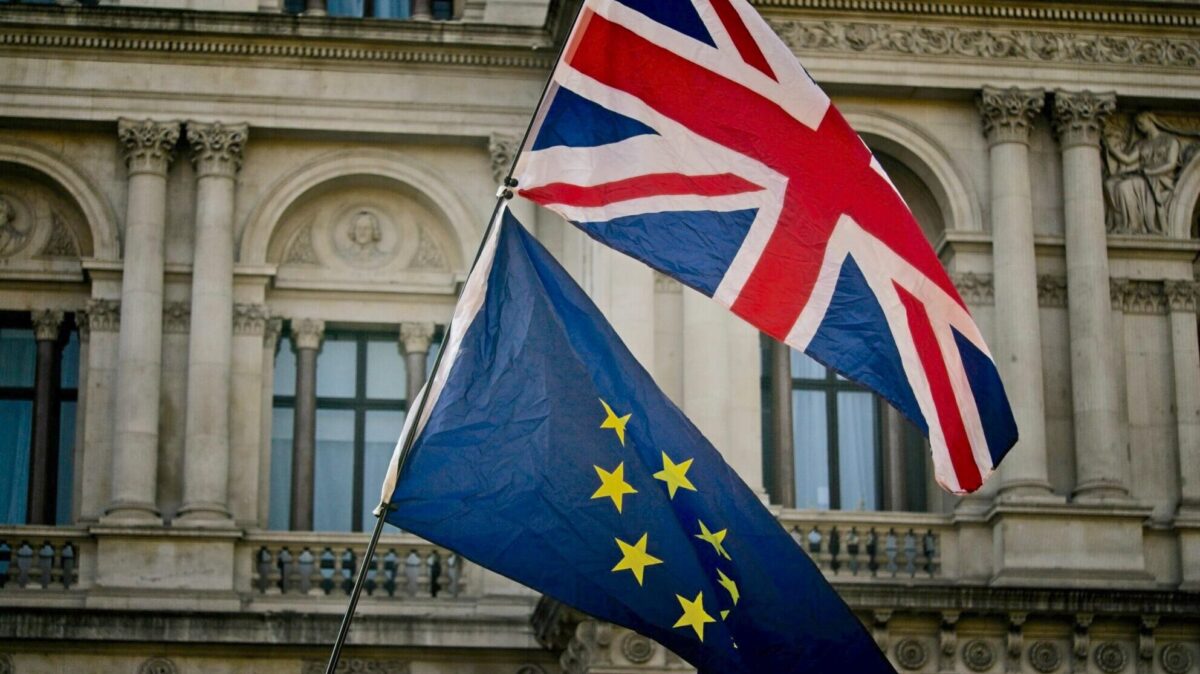
It speaks well for the UK that it does not follow the EU’s very restrictive approach. Perhaps its recent modest successes will inspire the UK to focus more on the opportunities offered by Brexit.
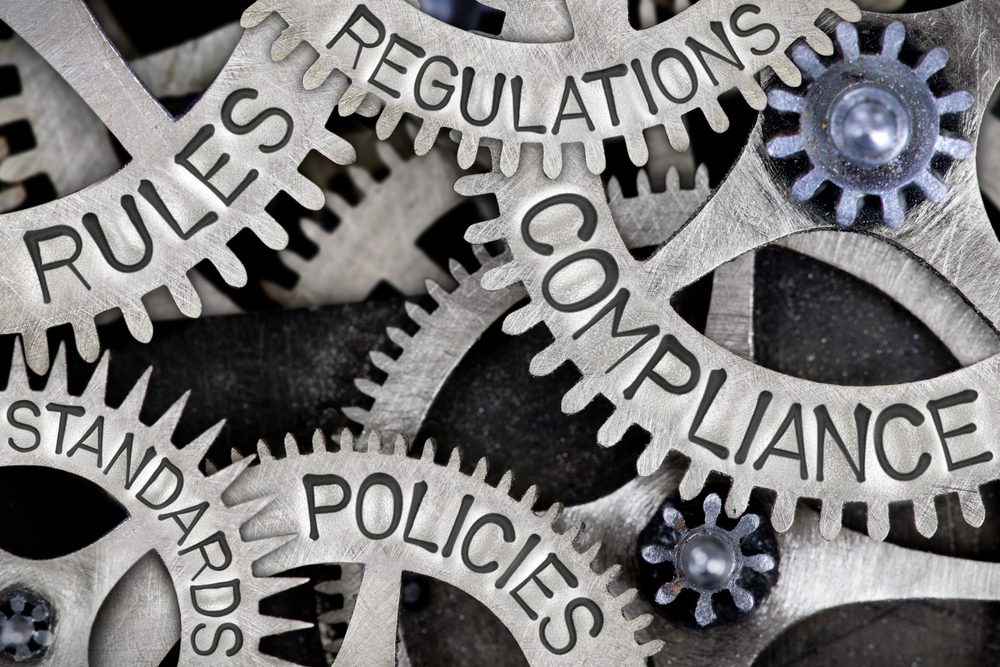
Fundamentally, the core of the problem is the EU’s adherence to the precautionary principle, which comes with a deeply unscientific intolerance for any risk.
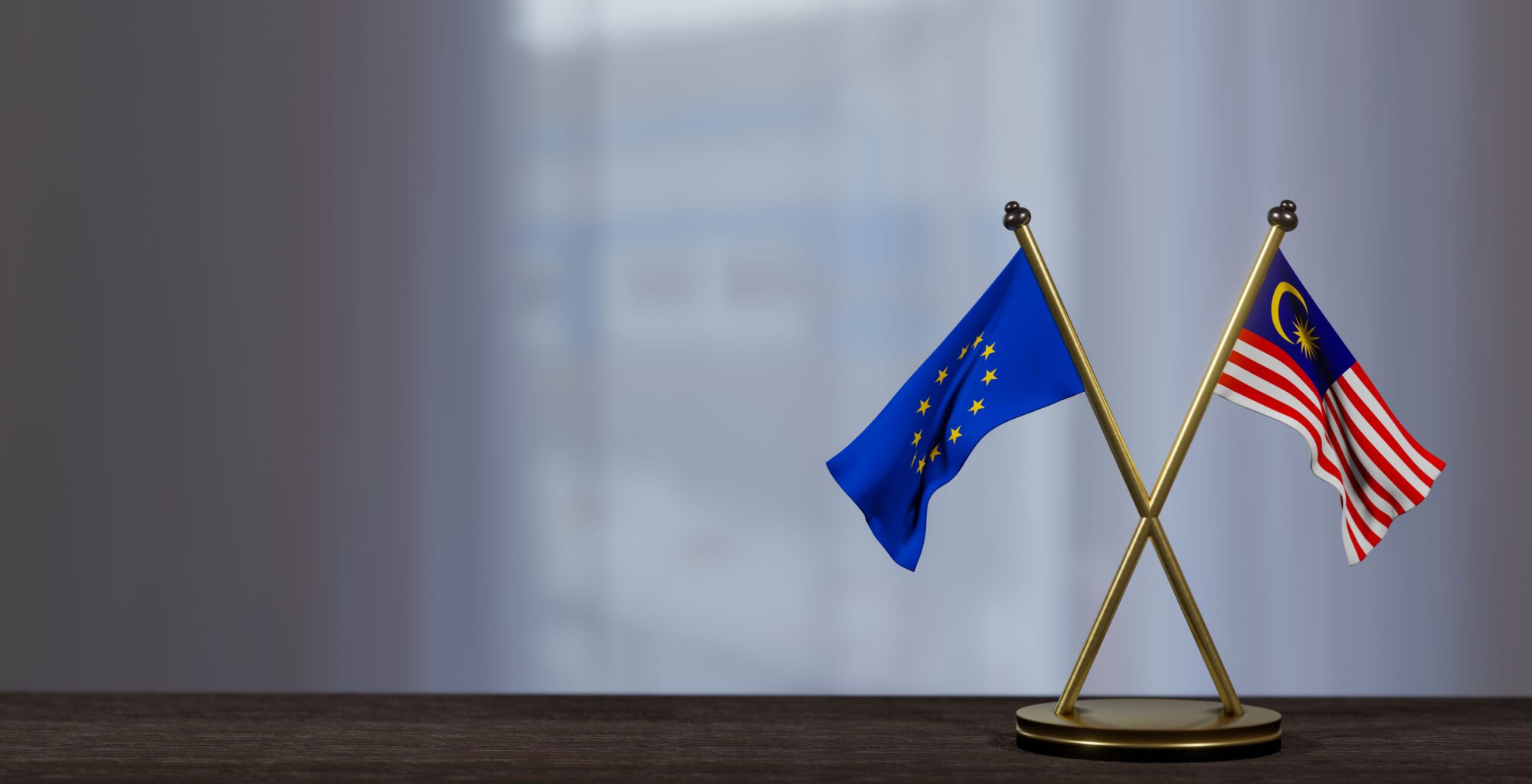
Tensions between Southeast Asia and the European Union seem to be on the rise.